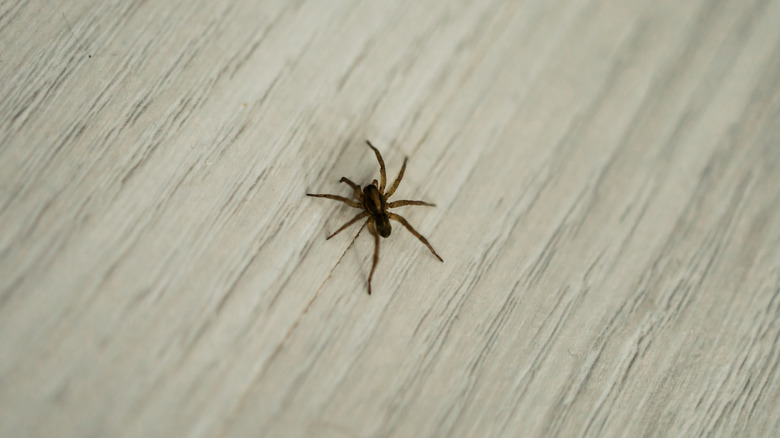The Challenge of Spiders in Autumn
For many people, the arrival of autumn brings more than just cooler weather and colorful leaves. It also means an increase in spider activity, which can be particularly unsettling for those who fear these eight-legged creatures. While most spiders found around homes are harmless, the presence of dangerous species like black widows or brown recluses can cause significant anxiety. Traditional methods to keep spiders away include chemical sprays, outdoor pesticides, and electronic repellents. However, if you’re looking for a more eco-friendly solution, consider using marigolds.
The Benefits of Marigolds
Marigolds are not only beautiful with their vibrant orange, yellow, and multicolor blooms but also serve a practical purpose. A 2021 study published in BMC Veterinary Research revealed that marigolds, which belong to the Tagetes genus, emit a scent containing alpha-terthienyl. This compound is known to repel pests. When exposed to ultraviolet light, alpha-terthienyl becomes toxic to various insect species. Although marigolds may not completely eliminate all spider activity, their scent has shown promise in making spaces less attractive to these creatures. For those looking for a natural way to deter spiders during the colder months, marigolds are worth considering.
Planting Marigolds for Maximum Effect
Planting marigolds in your garden can help keep spiders and insects at bay. To enhance their effectiveness, consider bringing them indoors as well. They can act as both decoration and a natural deterrent. Choose smaller varieties such as Safari Scarlet and Discovery Yellow, which are easier to manage in small containers. Place them on kitchen counters, near windowsills, and doors, ensuring they receive adequate sunlight.
To plant marigolds from seeds, use seedling trays or pots with proper drainage. Fill them with nutrient-rich potting mix and scatter the seeds before covering them lightly with soil. Water just enough to moisten the top layer, as marigolds are sensitive to overwatering. Using a moisture meter can help ensure the right amount of water, especially for young plants.
If propagating from stem cuttings, do not simply stick them in the ground. Instead, submerge the trimmed edges in water and place them under sunlight to encourage root growth. Once roots form, transfer the cuttings to soil and ensure they get at least six hours of sunlight daily. A grow light can be used on days when the sun is not shining.
Additional Natural Spider Deterrents
While marigolds offer several benefits in the garden, they may not be sufficient to completely prevent spiders from entering your home. An entomology expert noted that marigolds are not a foolproof solution against spiders. “There is still a lot left unknown about the efficacy or truth of certain plants having insect-repellent properties,” said Emma Grace Crumbley, an entomologist from Mosquito Squad. She advised not to rely solely on marigolds for spider prevention.
If spiders are a recurring issue in your home, consider adding other pest-repelling plants to your garden. Chrysanthemums, basil, lavender, and mint have properties that affect a wide range of insects. Garlic, catnip, lemongrass, eucalyptus, and citronella can also help control pest problems.
In addition to plants, essential oils like peppermint, clove bud, and tea tree can be effective. Dilute about 15 drops of your chosen oil in a cup of water and spray it on entry points of your home. Vinegar is another natural remedy; mix equal parts with water and spray into corners and crevices where spiders might hide.







